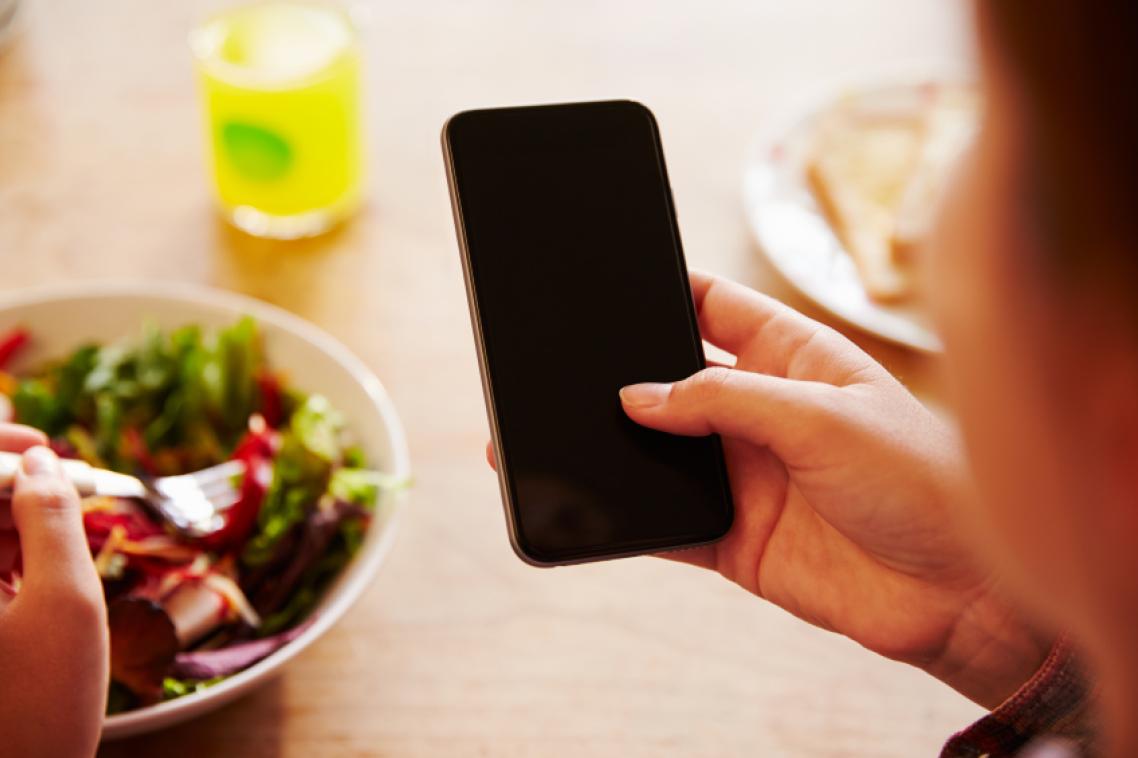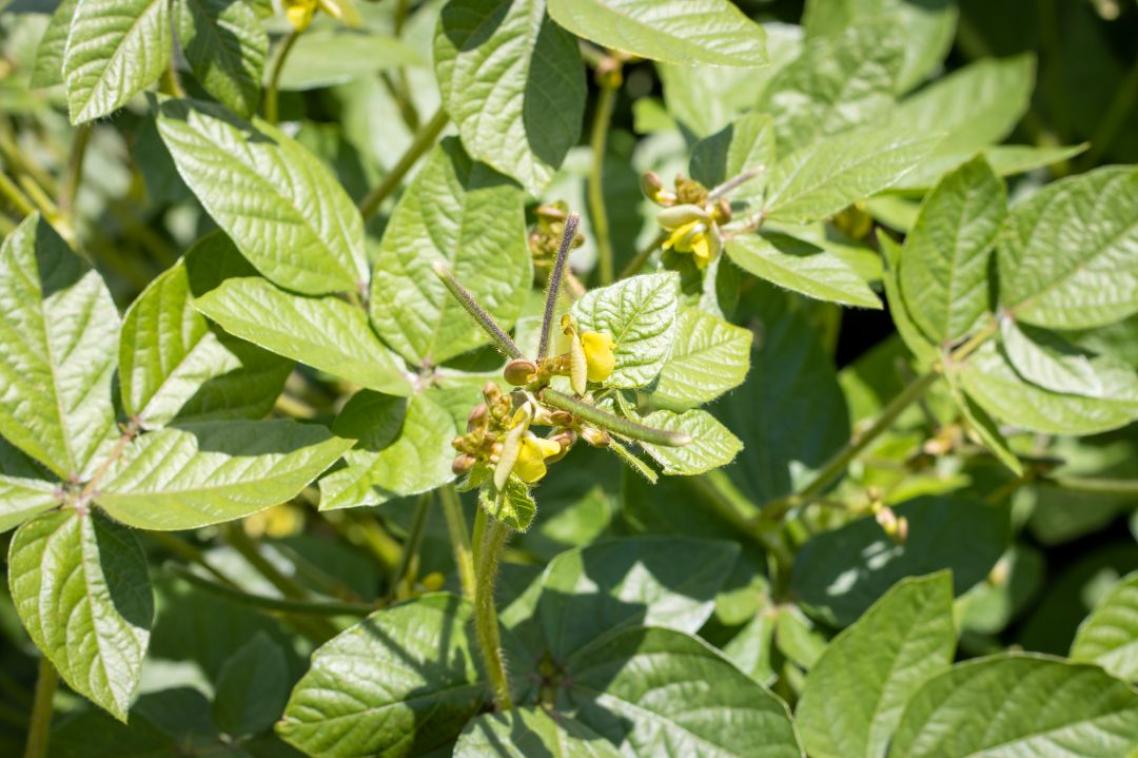Why you should think twice about reaching for your phone at lunch

Does a doorhandle or a keyboard have more germs?
The University of Queensland’s Dr Alysha Elliott swabbed people’s hands and common workplace surfaces to expose some of the germiest places around the office, as part of Global Handwashing Day (15 October).
“Some of the germiest surfaces were a mobile phone screen, a computer keyboard and a kitchen bench, while door handles, desks and chairs were much cleaner,” Dr Elliott said.
Dr Elliott, from the Institute for Molecular Bioscience (IMB) Centre for Superbug Solutions, took samples from people’s hands both before and after washing, and also from surfaces such as lift buttons, door handles and office kitchen microwaves.
“We found a range of microbes on everyone’s hands and on all surfaces, though some places were surprisingly cleaner than others,” Dr Elliott said.
“Microbes are the oldest life form on earth and they can be found everywhere and on everything we touch.
“We can pick up a range of microbes, such as bacteria and fungi (including yeasts and moulds), during our daily routine.
“The results are a good visual reminder of the need to wash your hands, as cleaning thoroughly with soap and water reduced the number of microbes on all hands we tested.”
View the swab sample results in the image gallery below.
Dr Elliott is head of microbiology and screening for the Community for Open Antimicrobial Drug Discovery (CO-ADD), a global initiative to find new drugs to treat antibiotic-resistant bacteria.
She emphasised that it was important to remember that not all bacteria are harmful.
“Humans carry bacterial colonies from our heads to our toes and the vast majority of these are harmless or indeed beneficial to human health,” Dr Elliott said.
“However, washing our hands after using the toilet, changing a baby and before eating food is a simple, affordable and effective way to reduce the risk of picking up or passing on germs which could lead to infections such as pneumonia, diarrhoea and influenza.”
CO-ADD will be sharing pictures of different microbes from across the workplace on Twitter today @COADD_news.
For information and factsheets on hand hygiene please visit Hand Hygiene Australia.
Media: Ruth Neale, r.neale1@uq.edu.au, 0487 955 790.
Related articles

Sunlight-powered breakthrough turns methane into valuable ethylene

Flowering discovery could lead to more reliable mungbean yields
Media contact
UQ Communications
communications@uq.edu.au
+61 429 056 139
